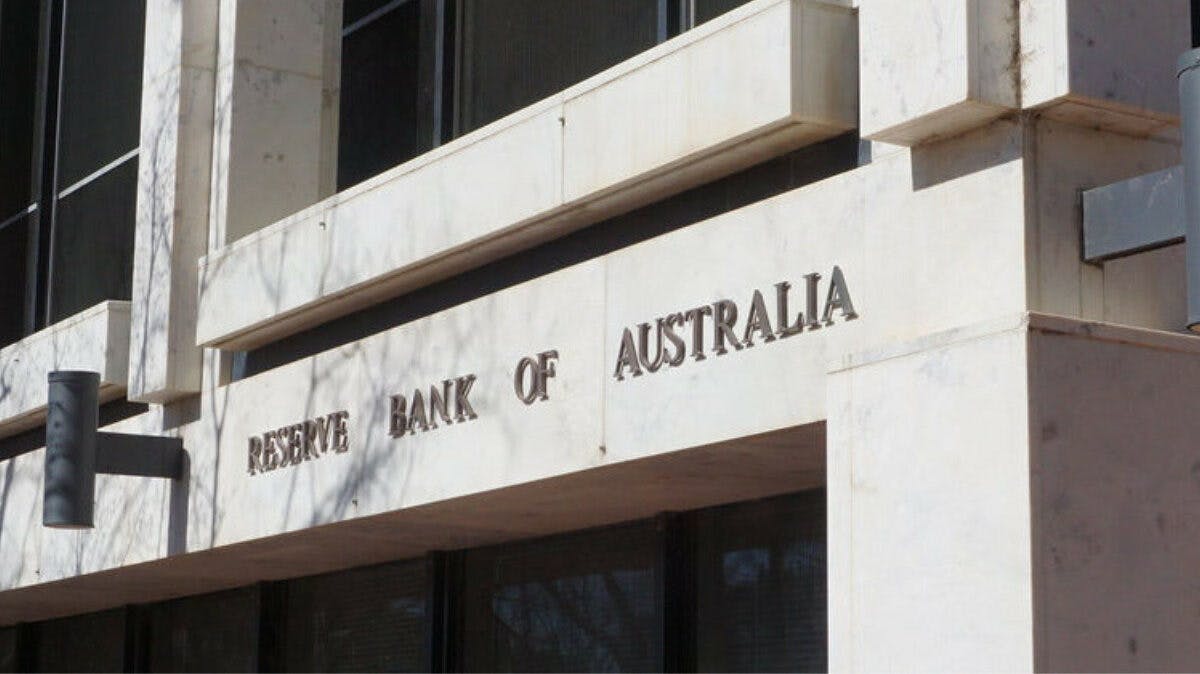In a recent decision, the Board of the Reserve Bank of Australia (RBA) has opted to maintain the cash rate target at 4.10 per cent and keep the interest rate on Exchange Settlement balances unchanged at 4.00 per cent.
This decision follows a series of interest rate hikes totalling four percentage points since May of the previous year. The RBA’s aim has been to strike a balance between supply and demand in the economy, and it appears these higher interest rates are working towards that goal.
CreditorWatch’s Chief Economist, Anneke Thompson, remarked on the RBA’s decision, noting, “In light of recent data indicating weakening economic conditions, the cash rate today was held at 4.10 per cent by the Reserve Bank of Australia (RBA). After months of leading indicators pointing to a slower jobs market, the unemployment rate increased from 3.5 per cent to 3.7 per cent in July 2023. This represents an additional 35,600 unemployed people, and is almost 65 per cent of the annual increase in unemployment over the year to July.”
Thompson also emphasized the impact on consumer spending, stating, “Retail trade data also tells us that Australian consumers have slowed their spending – where they can – considerably. Certain areas of non-discretionary services, such as rents, insurance, utilities, and education, continue to record high or rising price increases. However, the RBA is very likely to recognize that further increases to the cash rate will do little to stem these prices, as various exogenous impacts are responsible for price rises in these sectors.”
The effects of higher interest rates are particularly pronounced among businesses dependent on discretionary spending. According to CreditorWatch’s July 2023 Business Risk Index (BRI) data, 48 per cent of food and beverage businesses and 35 per cent of retail trade businesses are categorized as high risk. This places these sectors among the highest risk industries, alongside administrative and support services.
A startling statistic from Swag’s Australia’s Financial Behaviors Research reveals that 90 per cent of Australians currently carry short-term credit debt, totaling nearly $38 million nationwide. Of those surveyed, 72 per cent expressed that financial stress adversely affects their overall well-being.
The Board’s choice to maintain the status quo this month comes against the backdrop of ongoing economic uncertainty. This pause will allow them to assess the impact of the interest rate increases thus far and evaluate the evolving economic outlook.
Regarding inflation, recent indicators have shown a decline in the Consumer Price Index (CPI) for July, suggesting that inflation in Australia may have peaked. However, inflation remains elevated, particularly in the prices of services such as rent and various non-discretionary expenses. The central forecast indicates a gradual decline in CPI inflation, with a return to the target range of 2–3 per cent expected by late 2025.
The data also align with expectations of inflation returning to the target range over the forecast horizon, alongside continued growth in output and employment. Despite a slowdown in growth, the labor market remains robust, and the economy is operating near full capacity.
Employers, even those in the challenging SME sector, can play a vital role in alleviating this stress by offering financial education and guidance to their employees, ultimately boosting productivity and overall business outcomes.
Additionally, the research uncovered several concerning findings:
- Over half of respondents cannot cover emergency expenses before payday.
- Of those with short-term debt, 51 per cent have missed or been late on financial payments.
- A significant portion of employees regularly struggles to cover recurring expenses such as rent, groceries, or utilities before payday.
- Families with children under 18 at home often run out of money when paying for recurring expenses.
- The average individual debt stands at $4,331.
Rob Dunn, Managing Director at Employment Hero, highlighted the importance of addressing this financial strain: “The decision to hold off further rate rises is a much-needed lifeline for many Australians who have been grappling with financial strain.”
Dunn emphasized the role of businesses in supporting their employees’ financial well-being, stating, “Employers play a crucial role in supporting their employees’ financial health. By providing financial education, resources, and support, employers can help their team navigate these challenging times and emerge stronger on the other side.”
Moses Samaha, Executive General Manager at Equifax, further shed light on the financial challenges faced by small business owners. He noted, “According to Equifax data, sole traders and SMB owners across all sectors are seeing an increase in early-stage mortgage arrears. Sole traders are 40% more likely to be in 30+ days mortgage arrears vs. the average consumer with no commercial relationships.”
Samaha also highlighted the strain on construction businesses: “Operators in the construction sector appear to be under the greatest pressure. In Q2 2023, sole traders in the construction sector were 60% more likely to have 30+ arrears vs. the average consumer.”
Furthermore, signs of consumer stress continue to emerge, with an uptick in mortgages in early arrears and decreased demand for unsecured credit, reflecting consumers’ reduced spending amidst economic pressures.
In conclusion, while the RBA’s decision to maintain interest rates offers temporary relief, the financial challenges faced by Australians and businesses require a concerted effort from both the public and private sectors to ensure long-term stability and resilience.
Keep up to date with our stories on LinkedIn, Twitter, Facebook and Instagram.

